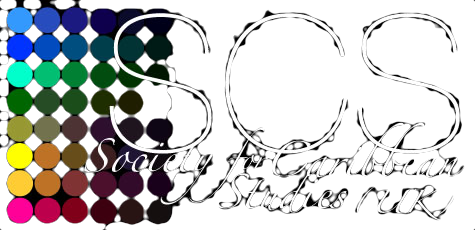
Aarons, David
assistant professor of ethnomusicology @ University of North Carolina
Bio
David Aarons is assistant professor of ethnomusicology at the University of North Carolina at Greensboro where he directs the UNCG Steelpan Ensemble and teaches courses such as American Music and Music of the Black Atlantic. He earned his PhD. in ethnomusicology from the University of Washington in 2017 and a Master of Music degree in steelpan performance from Northern Illinois University in 2012. He also holds a Bachelor of Music degree from The University of the West Indies, St Augustine campus, Trinidad and Tobago (2008). His major research project focuses on Rastafari who repatriated to Ethiopia and who use reggae music as a mechanism for constructing their Promised Land amidst various challenges. His publications appear in Caribbean Quarterly and The Journal of Popular Music and Society.
Geographical location : North carolina, USA
Research Area and Interest : Rastafari who repatriated to Ethiopia and who use reggae music as a mechanism for constructing their Promised Land amidst various challenges.
Social Media
Panel(s)
- Summary:
Presentation(s)
- Summary: The Rastafari movement that emerged in Jamaica in the 1930s has gained worldwide attention, particularly through the spread of reggae music, for its pan-Africanist orientation and focus on repatriation to Africa. Some Rastafari began returning to Ethiopia in the 1960s but faced social and legal obstacles as they sought to settle in their Promised Land. In this paper, I present brief biographies of Rastafari musicians who repatriated to Ethiopia and played major roles in the formation of a reggae scene through networking and collaboration. My approach to biographies is inspired by Guilbault (2007) who asserts that biographies foreground individual agency and highlight diverse approaches to creativity. I argue that the establishment of a reggae scene in Addis Ababa was a major turning point for the repatriation movement because it gave Rastafari a platform from which to attract audiences, network with Ethiopians, gain visibility/ audibility, and, ultimately, amplify their message(s) of Black liberation and African unity.
